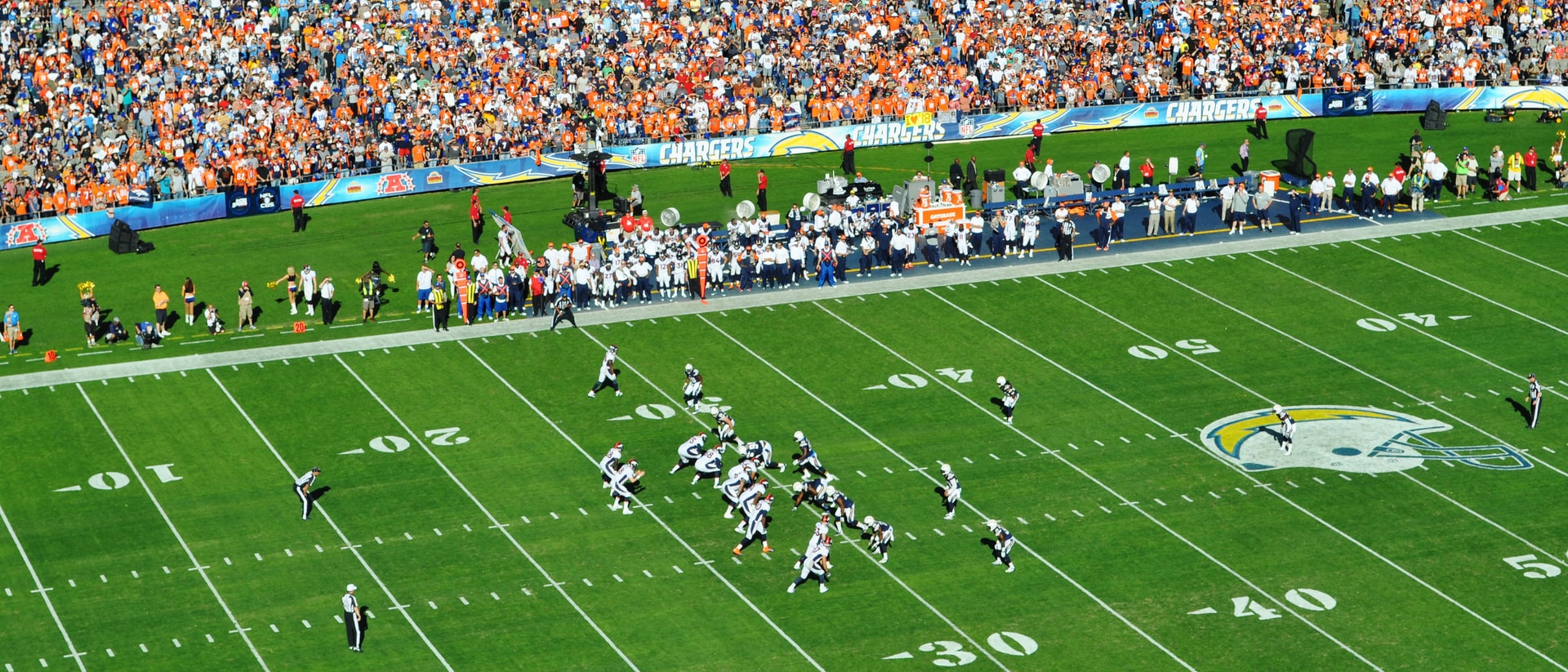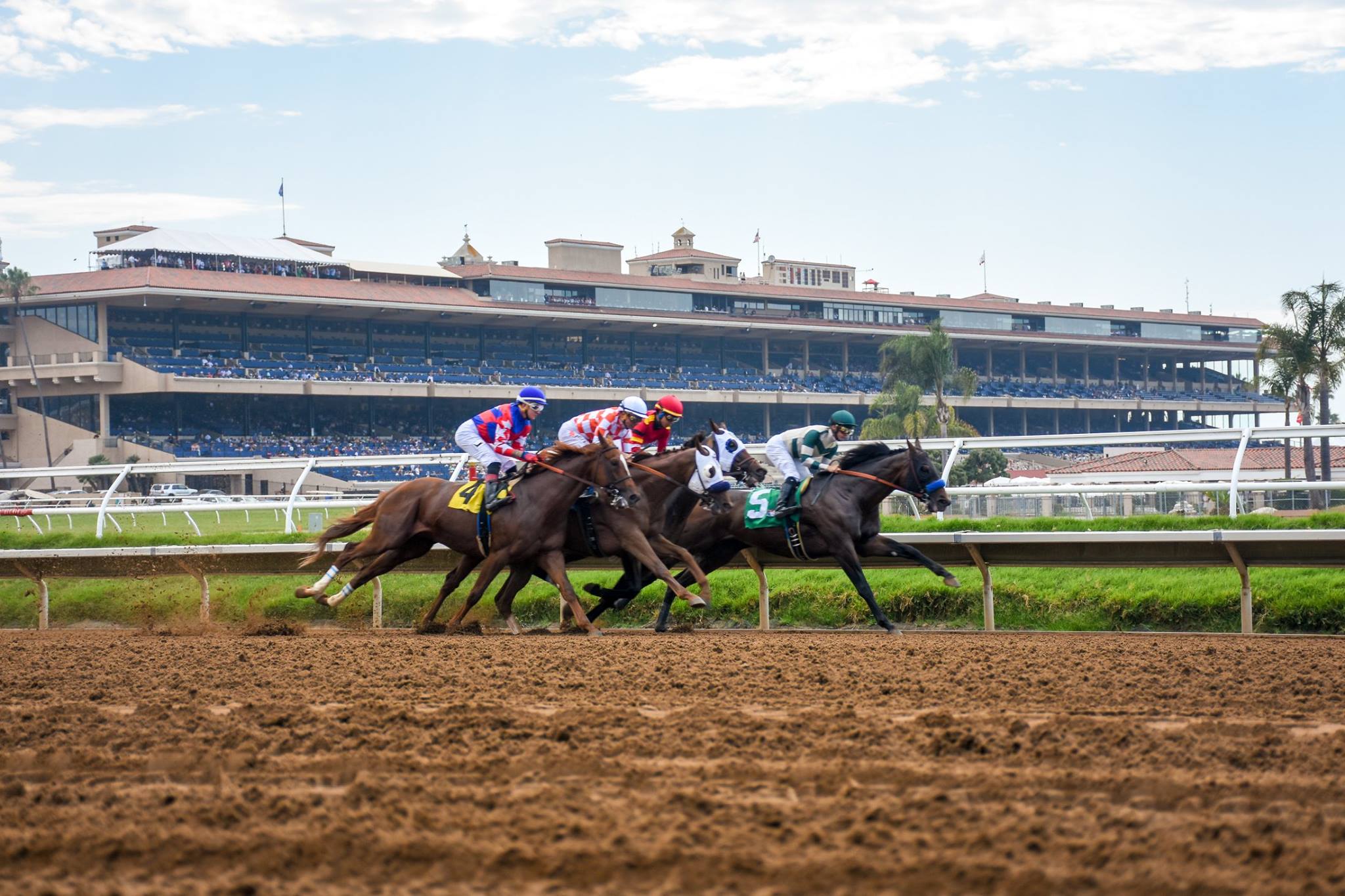
The Influence of legalized sports betting on horse racing and the US economy.
Luckily for the United States, laws can be overturned when there is the will to do so. The influence of one such law called PASPA (Professional and Amateur Sports Protection Act) is measured in billions of dollars lost from the US budget.
PASPA was enacted in 1992 and for nearly 26 years prohibited the ability to bet on horse racing and sports betting in all but four American states. However, to the delight of bettors, businesses, and the US tax collectors, the law was overturned in May 2018, which had enormous implications for the US economy.
Let’s crunch the numbers and see just how big of an impact the removal of this law has in the present and will have in the future.
Billions of Dollars Flushed Down the Drain
The recent ruling has brought about a large number of benefits for the US economy and ordinary citizens. According to the infographic featured below, more than 40 million Americans engage in sports betting at least once a year. Some of them bet hundreds of dollars, while others bet only five.
AGA (American Gaming Association) estimates that Americans spend around $150 billion on sports betting every year. Out of that number, only about $4.9 billion is spent legally with Nevada bookies. The other $145 billion are gambled internationally and completely bypass the US budget.
The Future Benefits of Sports Betting on the US Economy
When estimating the benefits legalized sports betting will have on the US economy, we should not focus only on the direct cash flow from placing bets. The infographic you’ll find below explores both the direct and indirect financial benefits of the abolition of PASPA, as well as the positive social implications of this development.
Namely, the total future economic output of sports betting in the US is estimated at $41.2 billion. Out of that number, $4 billion will come from direct labor in the industry, while $7 billion will come from indirect labor income.
More significantly, since the US is facing an increase in unemployment, it is important to note that legalized sports betting will create more than 215,000 jobs, both directly and indirectly.
In total, sports betting is estimated to contribute around $22.4 billion to the United States GDP, which is more than the entire GDP of Iceland. Therefore, the total loss for the US economy over these 26 years of PASPA rule is hard to calculate or even imagine.
Is Sports Betting Revenue in the US Sustainable?
When it comes to the long-term financial benefits of sports betting for the US economy, the projections are more than positive. For example, the UK is Europe’s most profitable sports betting market, partly because it was made completely legal back in 1961.
In 2017, the annual revenue in the UK was $4,96 billion. That sounds like a large number; however, it’s lower than the projected $5.10 billion in revenue in the US in 2022, after only five years of legalization. The increase in revenue does not stop there as it is predicted to surpass $6 billion in 2023.
This is a big thing for the US since all of that money will stay in the country to support numerous casinos that are going bankrupt around the country. More importantly, 1% of the total revenue is going to be collected by multiple sports leagues around the country, including the Major League Baseball (MLB) and the National Basketball Association (NBA).
Therefore, while horse racing can be a gamble for your bank account from time to time, legalized sports betting is undoubtedly a mammoth win for the United States GDP, employment, taxes, and all types of sports. If you want to learn more about the economic implications, check out the infographic below.











